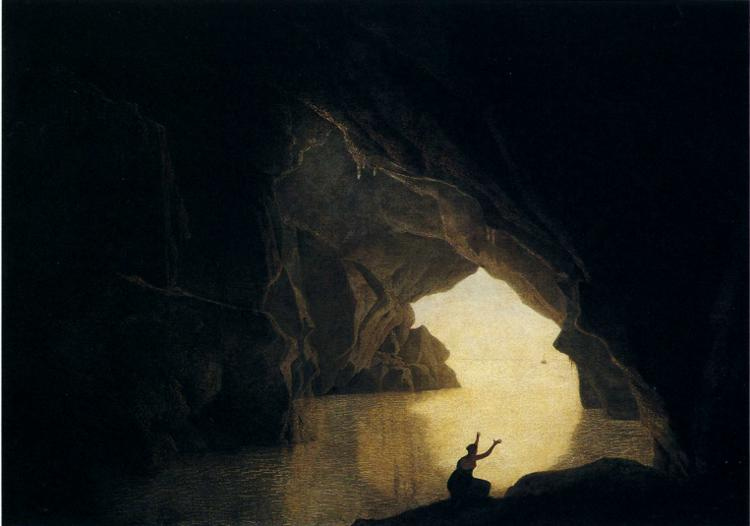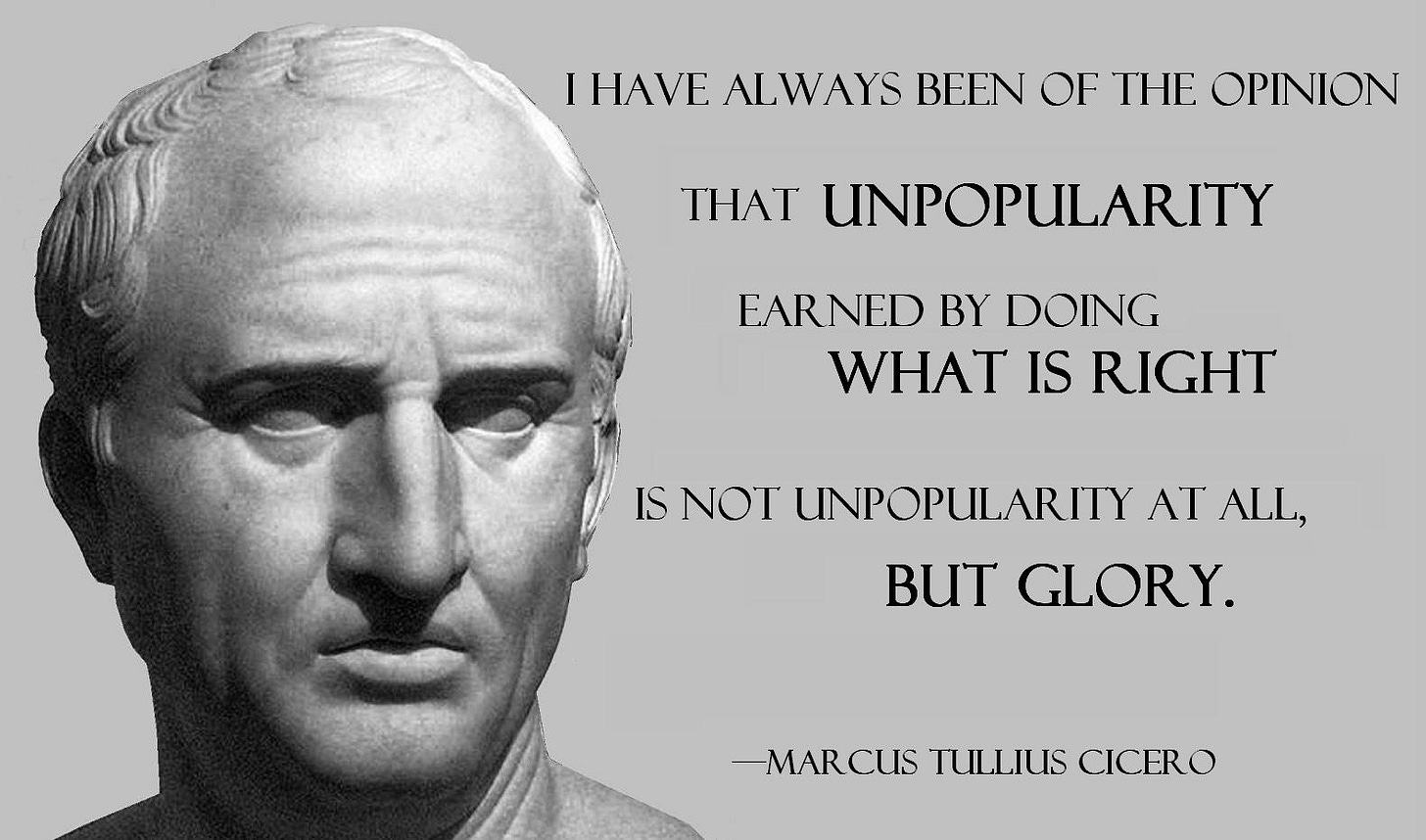Alexei Navalny, Edward Snowden, Julian Assange…
These are just a few of the most famous exiles currently dominating the media. Nowadays those who aren’t allowed in their ‘own countries’ seem to be mostly journalists, dissidents and whistleblowers.
But this wasn’t always the case...
Recently (or at least recent by these pages’ standards) those in what Ovid called a “living death” included many more politicians, conquerors, and authors, like Napoleon, Victor Hugo, and Dante.
In the ancient world, exile was even more common...and for all sorts of folks. It was a social punishment, often dealt capriciously, or even temporarily.
An important theme in mythology, such as in Euripides’ Medea and Sophocles’ Oedipal Series, it was also a systematic part of democracy in ancient Athens - one meant to curb ambitions, a sort of checks and balances of yore.
Of course, the severity of exile depended greatly on where the accused was sent, as some of the more backwater locations meant a huge decline in the quality of life. This was particularly true for Julia the Elder, Cicero, and Ovid.
At other times it could even be advantageous; a unique position as an outsider to all or a point where the person’s fame and life really only started...
Either way, it’s particularly fascinating to look at those who were exiled. In today’s Classical Wisdom Litterae Magazine, we delve into what you might say is a short list of the most controversial and thought provoking folks of the ancient world. These were the people who went against those in power, who thought differently, who were disgraced or who made unfortunate enemies....
Find out what they did, or didn't do, to deserve such punishment... as well as those who succumbed to their ill fate, or flourished for it... in our Classical Wisdom Litterae Magazine, below today’s article.
And to get us started we’ll look at the famed philosopher, orator and statesman Cicero and his period out of the glory and power of Rome. How did the eclectic thinker take his time away? Read on and see for yourself.
Enjoy!
All the best,
Anya Leonard
Founder and Director
Classical Wisdom
P.S. If you aren’t already part of our fantastic wisdom seeking community, join us and enjoy all our resources. From Ebooks and podcasts to today’s Classical Wisdom Litterae Magazine on the surprising list of famous exiles, you can discover the ancient world.
Cicero in Cilicia
By Ben Potter
Rome’s ‘Golden Age’ is, quite rightly, thought to have reached its zenith in the days when it was making the transition from the greatest Republic to the greatest Empire of the Ancient World.
Such is the breadth and depth of interesting and talented artists and statesmen from this period – Julius Caesar, Augustus, Virgil, Horace and Livy are but the tip of this awe-inspiring iceberg – that Marcus Tullius Cicero can often end up playing a muted second fiddle.
Regular readers may feel an acute pang of deja vu as Cicero (106-43 BC) was blessed with that highest of high accolades a character from antiquity can hope to attain… he had a whole CWW newsletter all to himself!
Be that as it may, antiquity’s magnum man of letters had such a profound effect on political philosophy and the evolution of Western thought that he is worthy of another quick trot around the forum.
Though today we will not focus on his works or his consulship, but on his role as governor of Cilicia in 51 BC.
This troublesome and affluent province consisted of a large chunk of the Middle-East, as well as the island of Cyprus.
This landmass, which today is so unruly, disputed and dangerous, was…. well… exactly the same in 51 BC.
Although the reasons for this were manifold…





